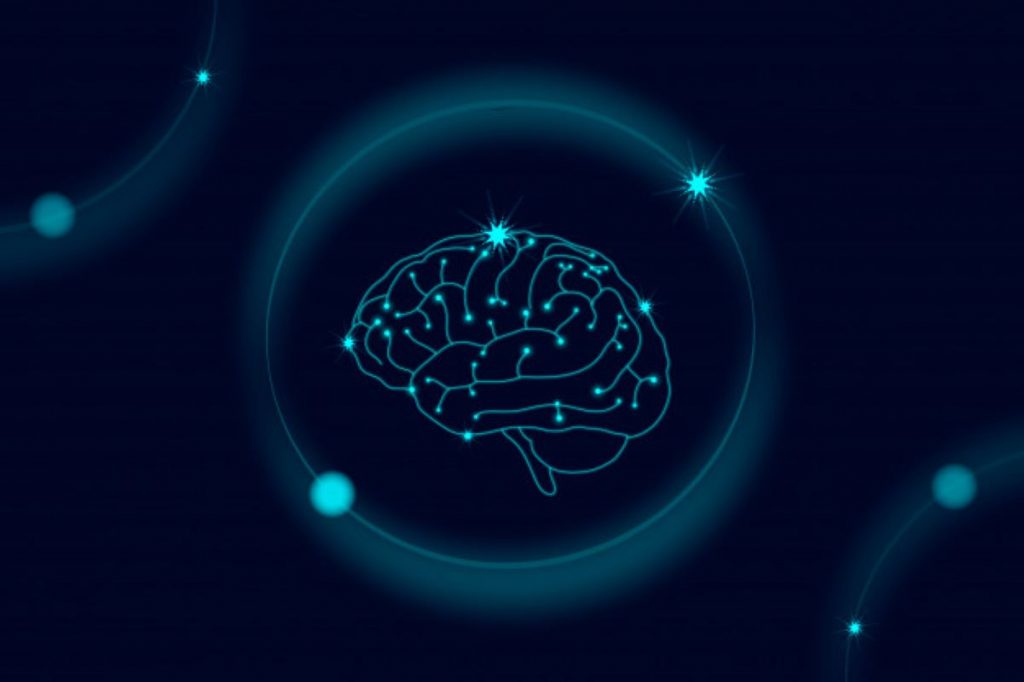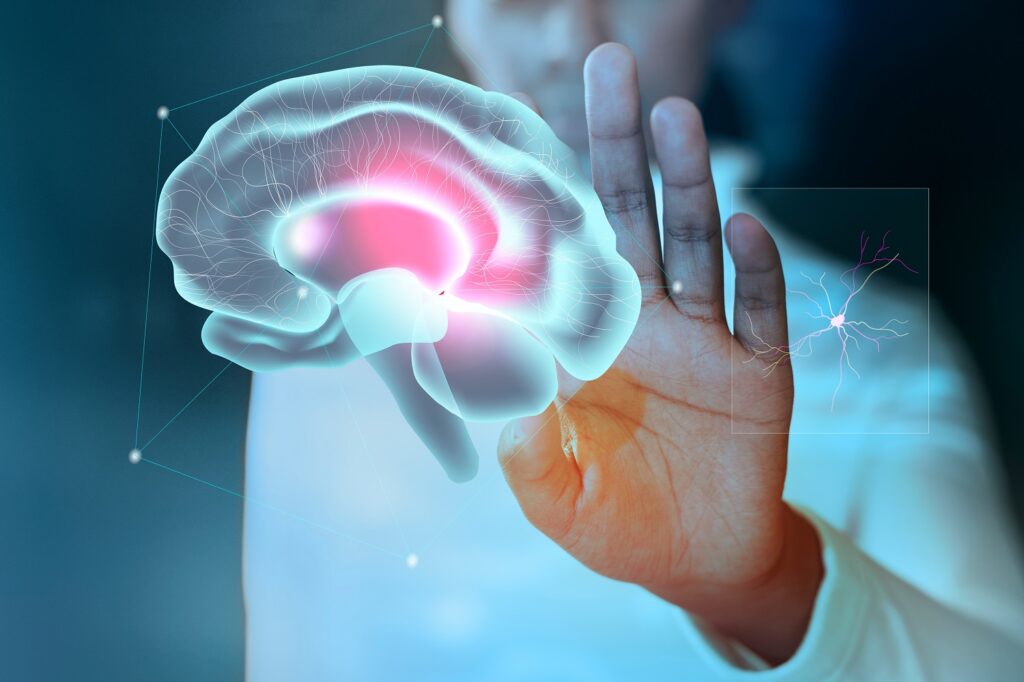During adolescence, alcohol consumption is a risk factor for the development of alcohol use disorder, anxiety, and other neuropsychiatric disorders. Persistent alcohol consumption during adolescence disrupts the normal development of the amygdala, a brain region nestled within the temporal lobe active in memory and learning, and in processing emotional salient stimuli. Several studies have demonstrated that alcohol consumption leads to a long-term reduction in activity-regulated cytoskeletal gene expression, a product of immediate early gene activation that is a key controller of neuronal function and synaptic plasticity in the amygdala. The mechanism by which adolescent alcohol consumption reduces ARC expression is supposed to be mediated by epigenetic suppression of an upstream Arc enhancer, known as the synaptic activity response element.
















